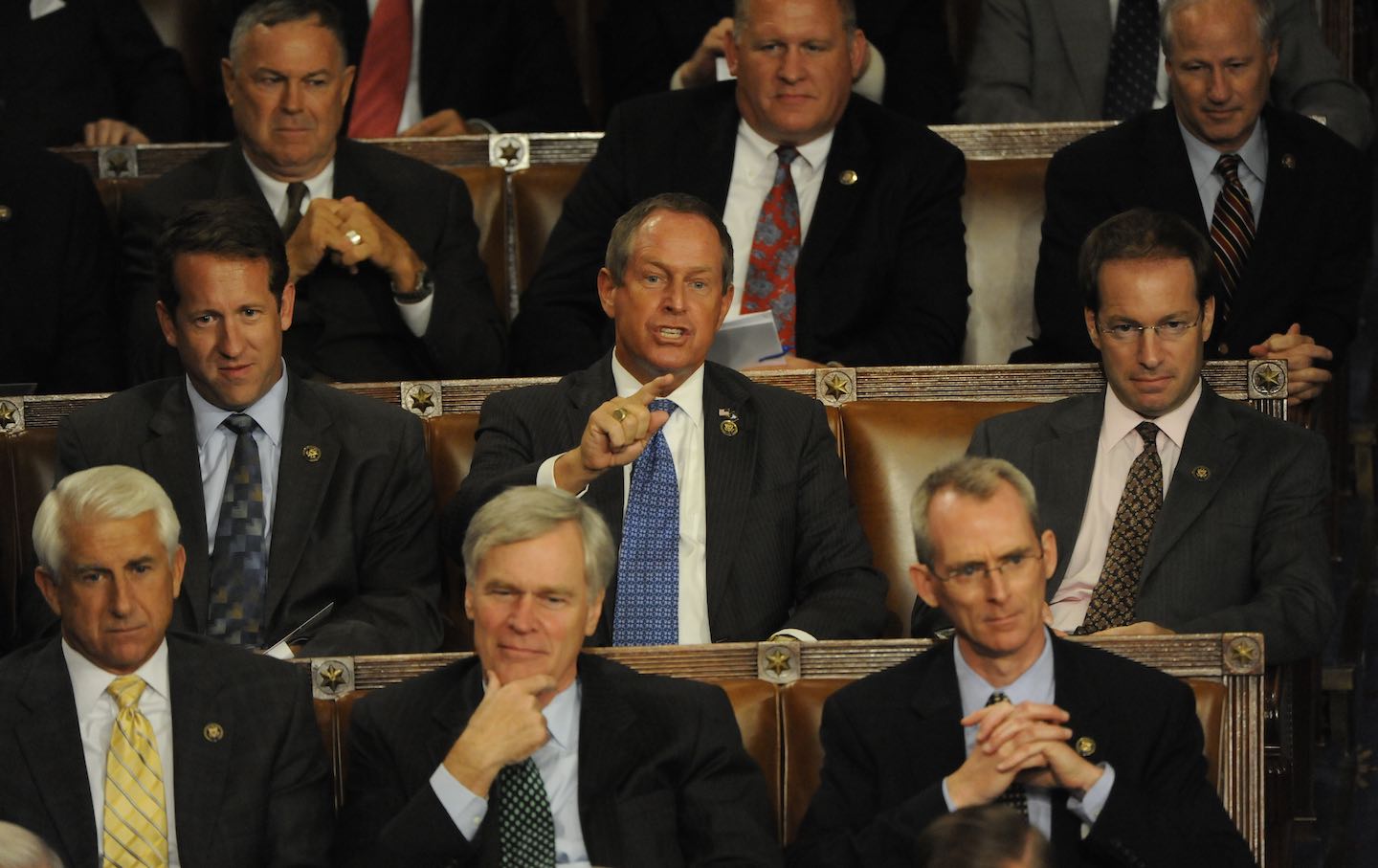
Sweeping layoffs at the U.S. Department of Education, announced on Friday by the Trump administration, have decimated the office responsible for overseeing special education, delivering a staggering blow to the rights of 7.5 million children with disabilities. This reduction-in-force (RIF) has led to the termination of most staff in the Office of Special Education and Rehabilitative Services (OSERS), which is crucial for ensuring that states comply with the Individuals with Disabilities Education Act (IDEA).
These cuts, which amount to a staggering 466 positions at the Education Department as part of a broader elimination of 4,200 federal jobs during the ongoing government shutdown, are not merely bureaucratic maneuvers; they represent a direct assault on the civil rights of some of the most vulnerable members of our society. By slashing the team that safeguards the educational rights of children with disabilities, the Trump administration is prioritizing political agendas over human rights and accountability.
An anonymous employee from the department succinctly summarized the gravity of the situation, stating, “This is decimating the office responsible for safeguarding the rights of infants, toddlers, children, and youth with disabilities.” The essence of OSERS lies in its role as the backbone of special education services, providing vital guidance to families and oversight to ensure compliance with federal mandates. Without this oversight, the very civil rights protections that have been hard-won over decades are at risk of being eroded.
The IDEA, now 50 years old, is a landmark law that guarantees children with disabilities the right to a free and appropriate public education. Prior to its enactment, these children faced systemic discrimination, being denied access to schools or relegated to subpar facilities that provided little to no education. IDEA is not merely an educational statute; it is a civil rights law that requires states to deliver special education services for children from birth to age 21. The implications of the recent layoffs extend far beyond the immediate loss of jobs—they threaten the very foundation of this law.
Each year, states must submit data to OSERS to demonstrate compliance with IDEA’s requirements. This includes applying for billions of dollars in funding that is essential for special education initiatives. The staff members who have been laid off were instrumental in reviewing these plans, analyzing compliance, and investigating potential violations. As one affected employee highlighted, “Without these OSERS staff, there is no oversight to make sure all children with disabilities get the services they’re entitled to.” The chilling reality is that calls from desperate parents seeking guidance on their children’s rights under federal disability law will now go unanswered, leaving families without crucial resources in their time of need.
This assault on the rights of disabled students cannot be viewed in isolation. It is part of a broader ideological campaign by the Trump administration to dismantle federal oversight of education altogether. President Trump’s repeated rhetoric about returning education to the states is a dangerous proposition that threatens to create a patchwork of educational standards—where some states might interpret the law liberally, while others could pursue regressive policies that undermine the rights of students with disabilities.
Indeed, the ramifications of these cuts are profound. While it is true that special education funding to states remains intact for now, the absence of a dedicated staff to monitor compliance raises significant concerns about accountability. One state director of special education articulated a legitimate fear: “I’m fearful. I think it’s good for states to know there’s federal oversight and that they’ll be held accountable.” The lack of a unified federal standard opens the door to unequal treatment and services across state lines, further entrenching systemic inequity.
Critically, the legality of these layoffs is under scrutiny. Federal law mandates the existence of an Office of Special Education Programs within the U.S. Department of Education to manage special education funding and programs. By effectively shuttering this office through mass layoffs, the federal government risks violating its own disability laws. As one OSERS employee noted, “Now, the federal government is out of compliance with federal disability law.” This raises an unsettling question: Who will families turn to when there are no advocates left to protect their rights?
The silence from the Education Department following these cuts is deafening. As the dust settles on this unprecedented assault on special education, one thing is clear: the Trump administration has prioritized political expediency over the rights and dignity of millions of children with disabilities. This is not just a bureaucratic failure; it is a moral failing that must be confronted.
The systemic inequity perpetuated by these decisions must be challenged. We cannot allow the voices of marginalized communities to be silenced. The rights of children with disabilities must be defended vigorously. The future of our education system, and indeed the future of our society, depends on our collective commitment to equality, accountability, and justice for all.
This article highlights the importance of Target Vulnerable Students.


